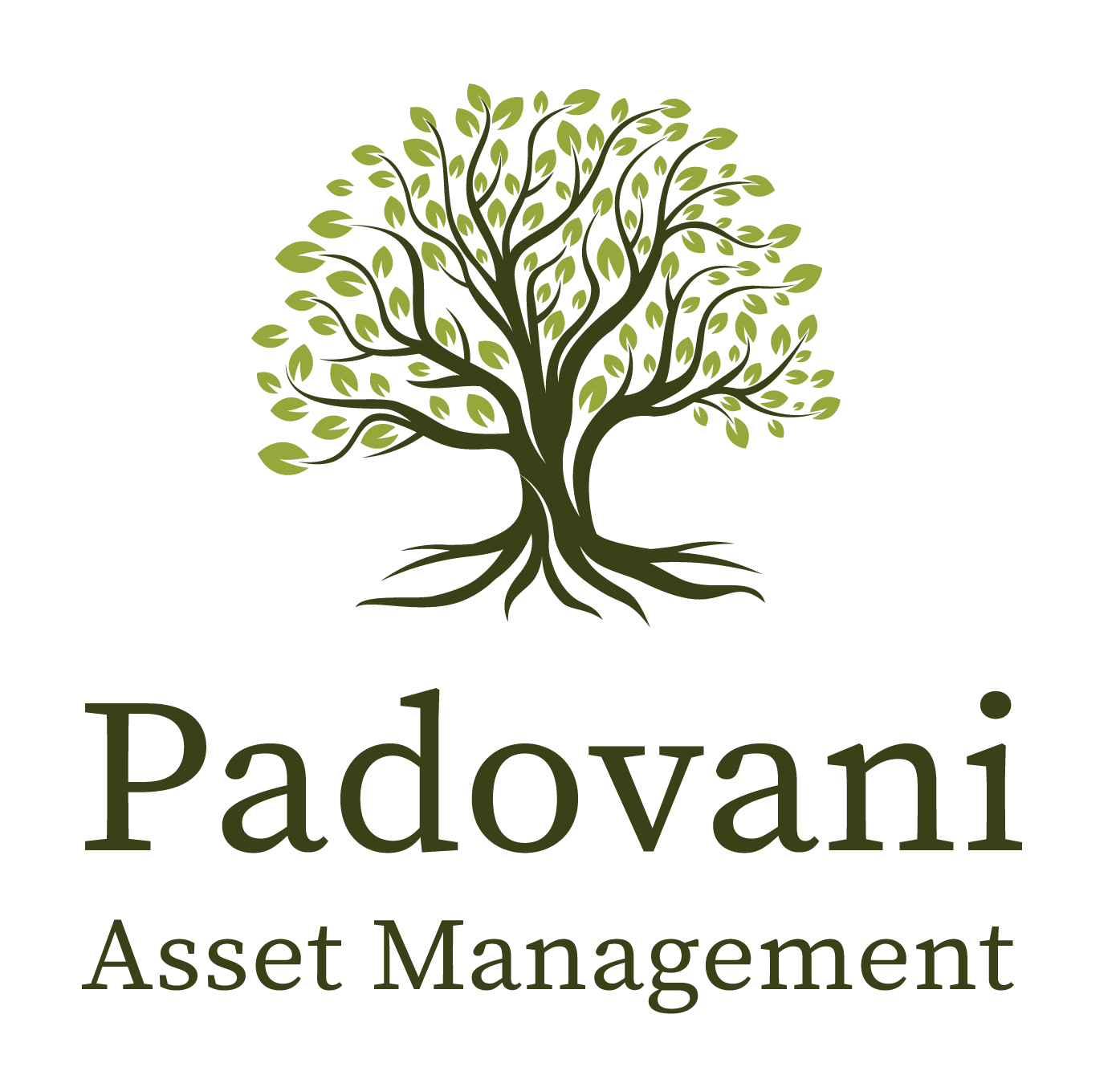Is Your Financial Advisory Team Leveraging AI in Tax Planning?
Artificial intelligence is transforming traditional tax planning by refining strategies and enhancing efficiency to address complex needs. Is your financial advisory team lagging behind? Do you feel like you're doing more work than the professionals helping you are? Here’s how to determine if your financial advisor is utilizing the technological wave—the AI productivity boom.
Tax planning isn’t exciting, but it is critical in effectively maximizing after-tax wealth. Asking the right questions can help you determine if your financial planning team is leveraging the latest technological advancements along with their knowledge. Here are three essential questions to get started:
1. How do you ensure that all necessary tax documents across my investments are included when you prepare my taxes? Investors with complex personal and business investment portfolios like CEOs, business owners, and entrepreneurs, often face administrative burdens at tax time, such as missing K-1s or forgotten bank accounts. While some advisory teams have in-house tax professionals, few combine this expertise with advanced technology. Our technology stack is designed to recognize and process various tax document formats and analyze them to ensure all relevant information is accurately captured and integrated into your tax preparation. Having this information in one centralized location allows your team to make changes in investments, estate plans, and or insurance proactively.
2. What has been reported to the IRS? What are we still missing from the return? How does this affect the client? How can AI be used in taxation? Understanding what documents have been reported to the IRS is important for tax accuracy and strategic planning. Discrepancies can lead to audits and delays, so they should be avoided whenever possible for a smooth filing process and reduced audit risk. Knowing what income and deductions are already reported allows for informed decisions to maximize tax benefits. We integrate AI to securely collect data from financial institutions and monitor activity, ensuring comprehensive information retrieval and keeping clients informed. AI analyzes these details to pinpoint potential deductions or credits, offering clients a clearer tax outlook and cost savings. This technology facilitates seamless communication across our team—estate lawyers, accountants, investment managers, and other professionals—improving transparency, minimizing errors and fosters positive outcomes through a synergistic blend of AI-driven efficiency and human expertise.
3. What are you doing to increase the accuracy of my tax return? Gone are the days of waiting for tax documents to arrive by mail. Although these documents are now online, the challenge lies in analyzing and recording this data accurately. Most tax strategy professionals still manually enter data, leading to high error rates and costs. Automation in tax return preparation for investors with complex investment portfolios is critical in reducing inaccuracies. We removed the need to hunt for your 1099s or K-1s from our custodial partners and have moved towards automating K-1s collection and tracking. Using process automation, AI, and optical character recognition, we have eliminated all manual data entry to minimize inaccuracies.
AI is key to smarter tax strategies. The true value of tax planning lies not in the annual tax compliance cycle, but in offering actionable tax strategies to optimize current and maximize future opportunities for clients. By seamlessly integrating AI with human tax preparation expertise, financial advisory teams can enhance accuracy, reduce costs, streamline communication, and focus on strategic wealth management. This synergy ensures staying ahead in leveraging technological advancements with the goal of maximizing gains.
